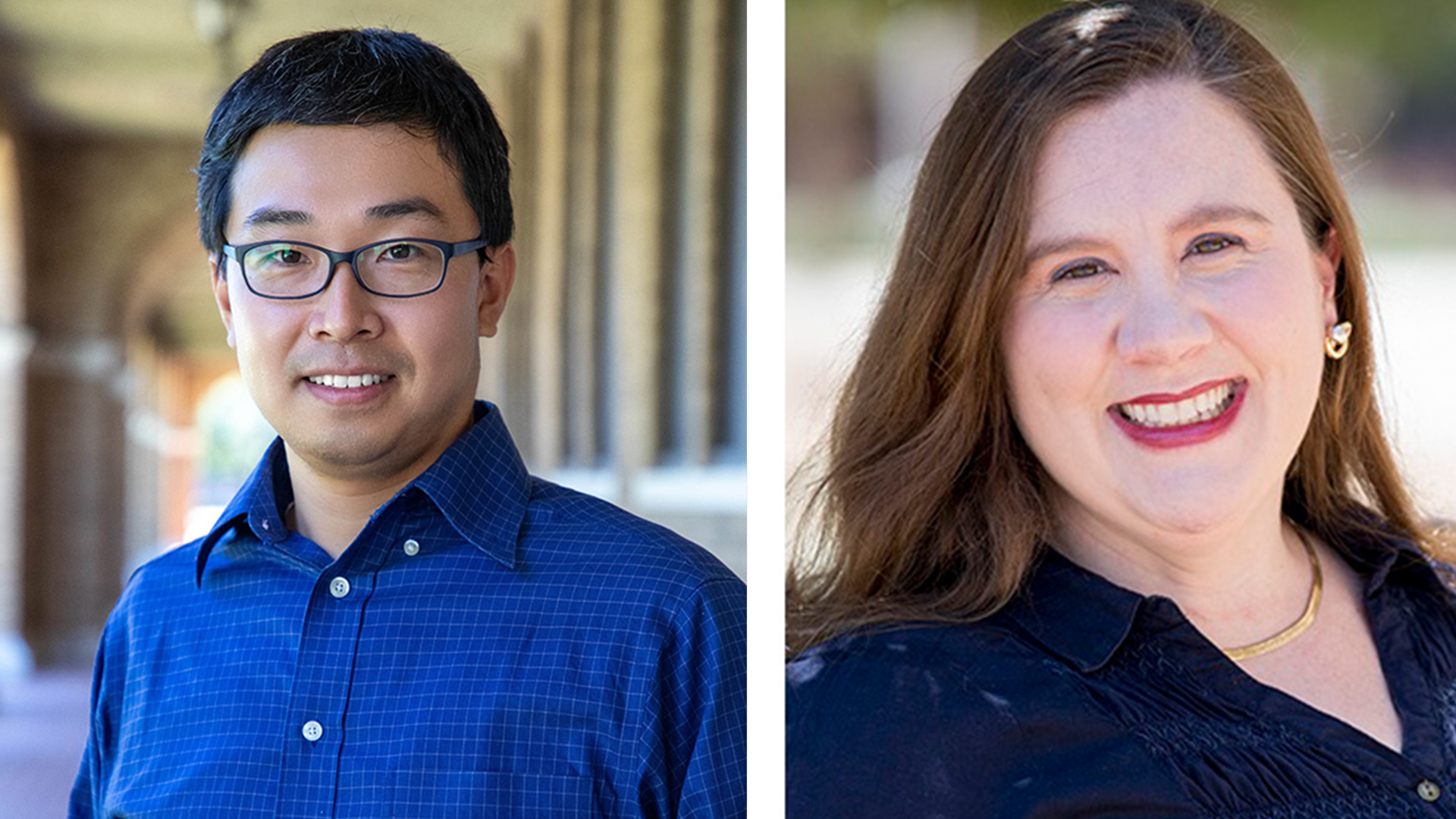
Texas Tech University’s Weilong Cong and Patricia Maloney have secured a National Science Foundation (NSF) grant
Texas Tech University’s Weilong Cong, an associate professor in the Department of Industrial, Manufacturing & Systems Engineering, part of the Edward E. Whitacre College of Engineering, and Patricia Maloney, an associate professor from the Department of Sociology, Anthropology, & Social Work, have been awarded an National Science Foundation (NSF) grant to support their project titled "Point-of-Care Additive Manufacturing for Health: Cultivating and Assessing Engineering Students' Technical Knowledge and Professional Skills."
The NSF awarded a total of $374,146 that will support the next generation of engineers with technical and professional skills necessary for the rapidly growing health-based point-of-care (POC) additive manufacturing (AM) industry. POC-AM involves the just-in-time creation of medical models, surgical instruments, and prosthetics, based on specific medical imaging data, directly at the site of patient care. With POC-AM seeing exponential growth in both market value and scholarly attention, the need for well-trained engineers who can collaborate with health care professionals has never been greater.
Despite this growth, educational opportunities in POC-AM for undergraduate engineering students remain underdeveloped, especially in public universities. This project will bridge that gap by creating a hands-on, project-based learning course to cultivate both technical and communication skills. Students will learn to design and create a variety of medical objects, ranging from non-patient-specific personal protection equipment to customized prosthetics and implants. The course will also emphasize the development of reflective communication skills, preparing students to collaborate effectively with both engineers and health care professionals.
“With NSF support, an undergraduate elective course on "Additive Manufacturing for Health Care" will be developed and offered to engineering students,” Cong said. “Educational research will be conducted based on the outcomes of the course, incorporating sociological knowledge. The findings from this research will contribute to enhancing engineering education for undergraduate students.”
This elective course provided general additive manufacturing knowledge to engineering students and resulted in three educational conference papers. This grant will take that foundation a step further, focusing on additive manufacturing specifically for healthcare applications.
The newly developed course will train students to solve complex problems by integrating technical knowledge with essential communication skills, making them well-rounded and capable engineers ready for the demands of the health care industry.
"The intersection of engineering and sociology provides a fascinating way to effectively connect social and technical skills for students. This creates a foundation for a professional who is an expert in his or her field as well as someone who can effectively communicate and work with others from disparate fields," Maloney states.
Learn more details here.
